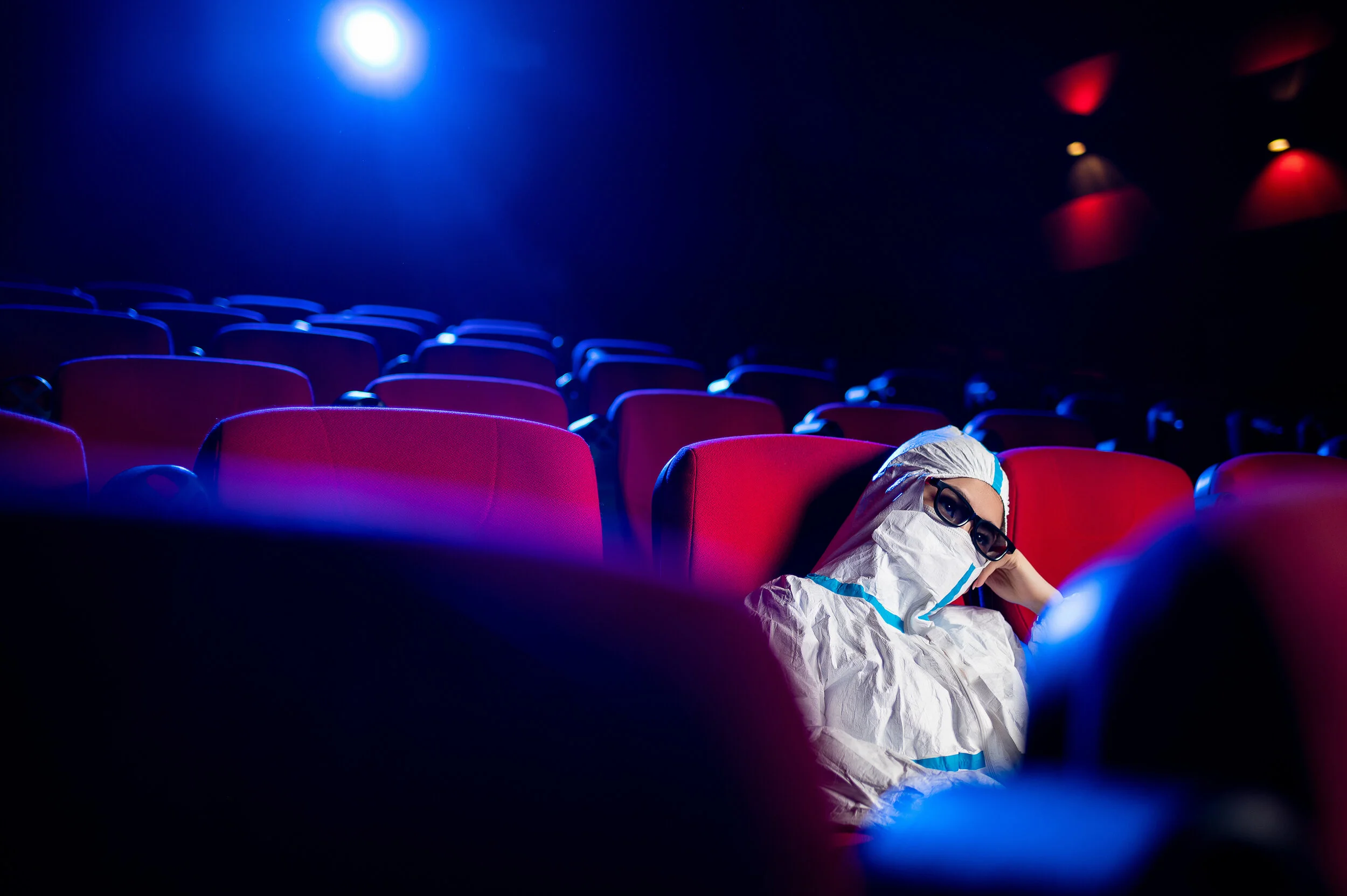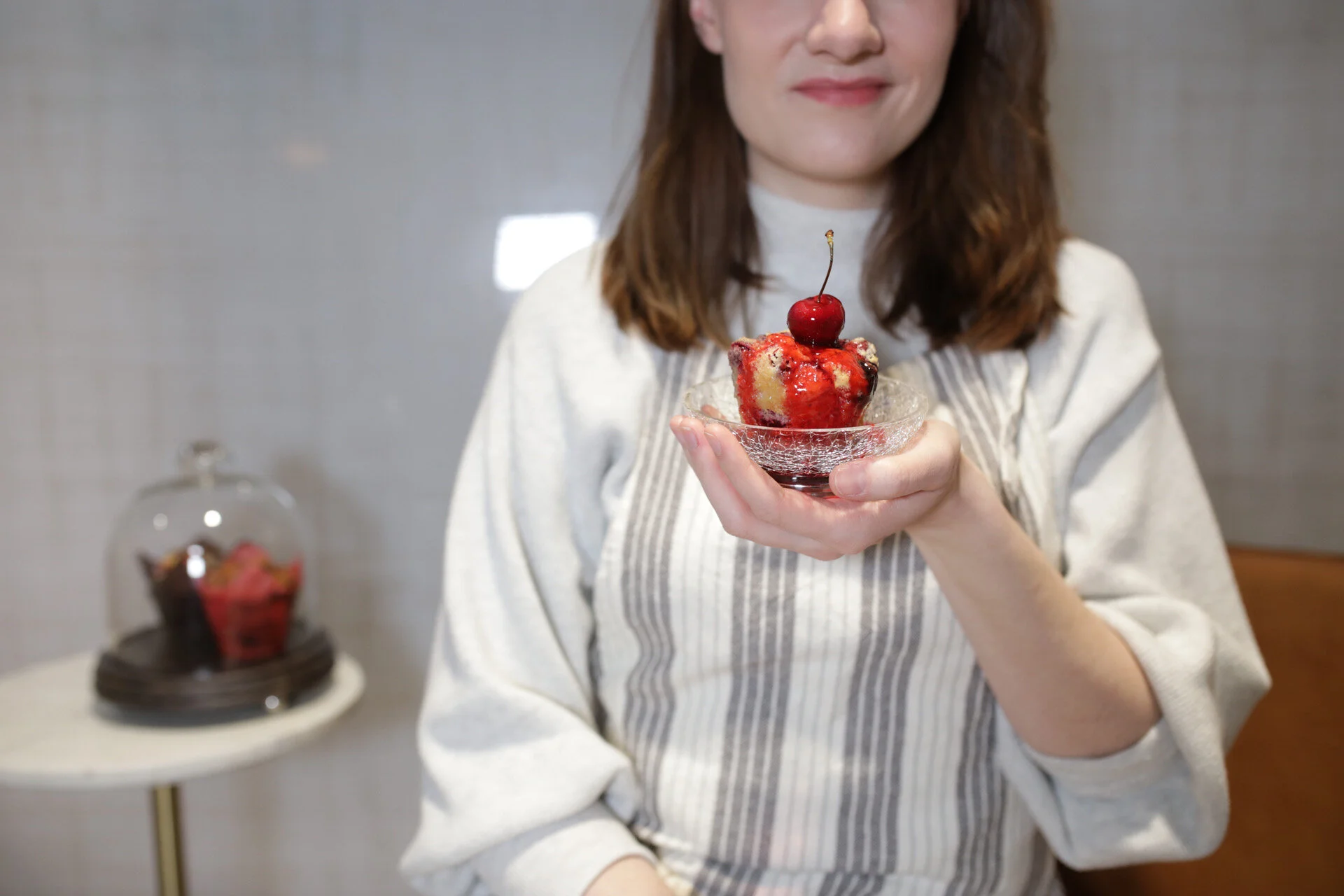The Art of Loss Assembly: Or, Why Theatre Makers (and everyone else) Should Keep Making
I was deep into my third cup of quarter-caf-coffee when my brother called to me from across the room. "Ashley," he said, "Have you seen this theatre article circulating today?" I confessed I hadn't. "You might want to check it out," he said before giving me a run down of Nicholas Berger's main points.
My connection to the theatre community goes beyond a simple love for live performance. My brother, Jeremiah Johnson, is one of the many who have lost gigs and paychecks over the course of the last month. It's thanks to him that I recently picked up a pen to offer professional criticism to theatres around DFW. While I've never acted on a real stage, I'm glad to be an active observer and promoter of the many talented people who have. I was deeply saddened to find myself without a spring criticism schedule when houses began closing early last month due to COVID-19. Further blows came as word reached us that Jeremiah had lost roles. With this news, we began to think long and hard about how to cover rent for the next few months.
Later that week I spent social distancing time with members and friends of the local theatre community, many of whom were facing similar struggles. At the top of our minds was Berger’s article and the wild success of Quarantined Cabaret, a Facebook group started by a Dallas-based performer Mikey Abrams. Now at 48.5k members, this group features performers showcasing their monologues, songs, and creating new just-for-the-webcam content. The heart of our convo centered around a question posed in Berger's article: is it worth posting all this content if we can't match the assembled-essence and high quality provided by a true, live-stage theatre performance?
My answer is a resounding "Yes."
In my day job, I'm a loss researcher. I spend my time collaborating with a team of other researchers and writers hunting through journals, books, and articles to help people deal with loss in a healthy way. The losses triggered by COVID-19 are manifold. Most obviously, our sense of safety has been disturbed, but the complication of this pandemic is that we’re not just dealing with one core loss. Things like connection, future plans, control, livelihood, body function, and even identity are disrupted for many of us on a deep level. Our work is to uncover the commonalities and individualities associated with loss and help people find their way through it more effectively. And let me tell you—right now, we have plenty of work to do.
Even if you never get COVID-19 and you never lose someone you know to it, you are experiencing loss by virtue of being in the world in 2020. There's not been a more profound and far-reaching loss event in recent memory. It's from my position as a researcher, with that set of data and writings I've been buried in for months in mind, that I fully support Quarantined Cabaret and the many other similar groups out there today.
Berger argues falsely, or perhaps just ignorantly, that these community offerings are at best a "momentary distraction." On the contrary, there is a startling amount of data indicating that rhythm can help physically heal your body from traumatic experiences. Reciting poetry, rehearsing your monologue, and especially engaging with music, can all trigger a rhythmic exercise that works to restore your body and mind. The truth is this: at best, these Facebook live performances are reknitting the fragmentation caused by the trauma of COVID-19.
Further, creative acts can help establish safety in the brain. By engaging with familiar art forms, both textual and nontextual, our brains and bodies access a sense of normalcy. When I was a pianist in another life, no matter what was going on in the world or where I was in it, it always gave me comfort to return to the bench and play. Singers talk about the comfort of the Singer's Stance, that place you always go to where your body simply knows what to do. Engaging with these safe, rehearsed acts can help our brains and bodies feel more balanced and less stressed in periods of major loss and trauma.
The benefits don't stop here. Creativity can help us make meaning of our loss experiences. This is a highly individual path and may not always happen for everyone, but when we allow our brains to enter positive, creative spaces, free association occurs and aesthetic experiences can be accessed. Things like this can leave us feeling as though we've understood something important about our loss experience. Those who find meaning after loss report a better sense of well-being and are more able to help others through their own healing process.
Even if you take all my points above, it would be a fair question to ask, as Berger does, why it's important for creative acts to happen in a public space. Isn't it enough to paint alone? Or to play music in the quiet of your own home? Why should we listen to these sometimes less-than-prepared performances in a virtual public space that can't truly replicate the typical theatre venue?
It would be easy to offer a simple answer in return: Performers need an audience. This is true, but it doesn't get to the heart of the benefit. Performers practice alone all the time; it's part and parcel of the gig, and all the benefits I've described above can happen in these solo moments. Berger is right, Zoom calls and Facebook live performances can’t replicate the auditorium or provide the singular back and forth energy that exists between live audience and performer.
So what's really going on? Caring presence. This well-documented element of recovery is the true heart of the benefits of these online performances.
Caring presence is about the interaction between a person in trauma or loss and a person who holds space to help them heal. To provide caring presence for someone else, all you have to do is show up for them with no agenda. You sit with them and listen, make space, and support without trying to guide that person's experience or fix anything. You respond or keep silent as needed, you problem-solve when invited to, and above all, you let the hurting person move, speak, and feel in an authentic way.
There's no more essential piece of our research, in my opinion, than caring presence. We are communal beings, wired to be together. Now, in this mass-isolation, the thing we need most is caring presence to help us through; it's that very thing we can't access so easily anymore.
That's why Quarantined Cabaret and groups like it have exploded. What you provide to performers as a listener is this essential outside element. Your likes, shares, and views are all evidence to the performer that someone has shown up for them by entering their healing experience. These performances aren’t at all about replicating or forgetting the art of assembly—they’re about assembling in spite of it all.
So Mr. Berger, if these constant reminders of the superiority of normal theatre drain or dishearten you, don't listen to them. Turn them off, unfollow, etc. You got one thing very right—the world as we know it is changing utterly, and it's time to mourn that loss. If you don't have the space to provide this caring presence for another person, that's perfectly understandable. Perhaps you need someone to hold space for you as you do your own healing. We all have times when we can't show up for others in the way they need us to.
You said it best, sir. Lean into loss. Feel what you need to feel, find your own way to do what's best to reknit your own fragments. Do it in community if you can, but don't try to force things that won't be forced. Most importantly, don't use your art (your prose, which is its own public art form in case you'd forgotten) to stifle other people's healing processes.
To the many performers who are out there working hard at maintaining a sense of normalcy and trying to heal through creativity: I see you and support you and so do the many others assembled to witness you during your loss experience. Make art if you need to make art. Stop creating if you need to stop creating. Do your best to access an authentic place within you that will help you move through your loss and maintain a healthy path.
Your art, your journey, matters.
To find out more about the work I’m doing with my team, check out https://www.mediaunwrapped.com/about-us. Watch our blog for updates as we share more about our work.



